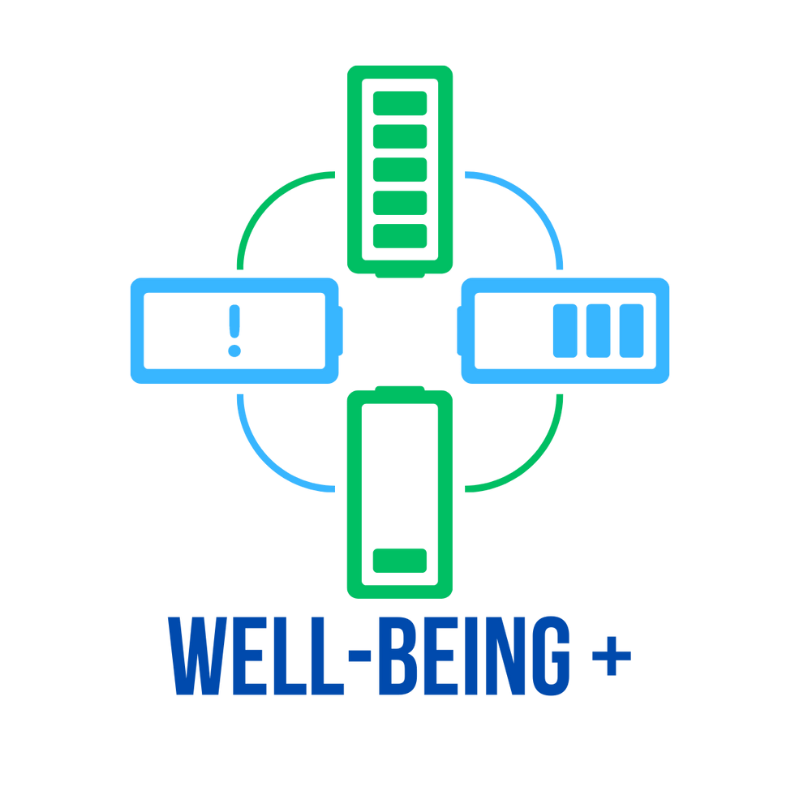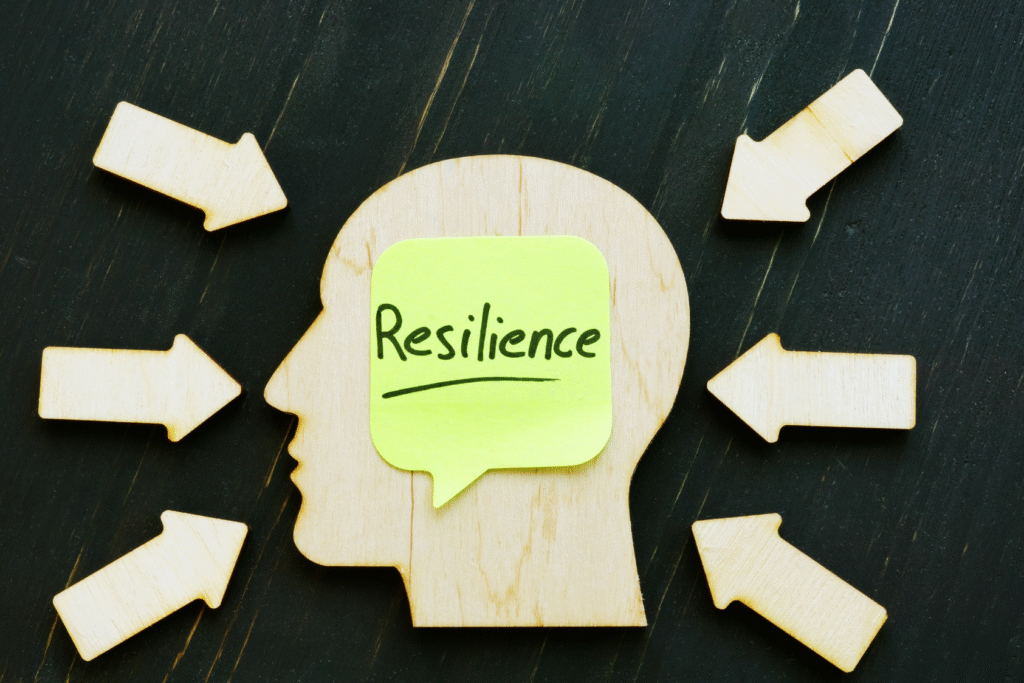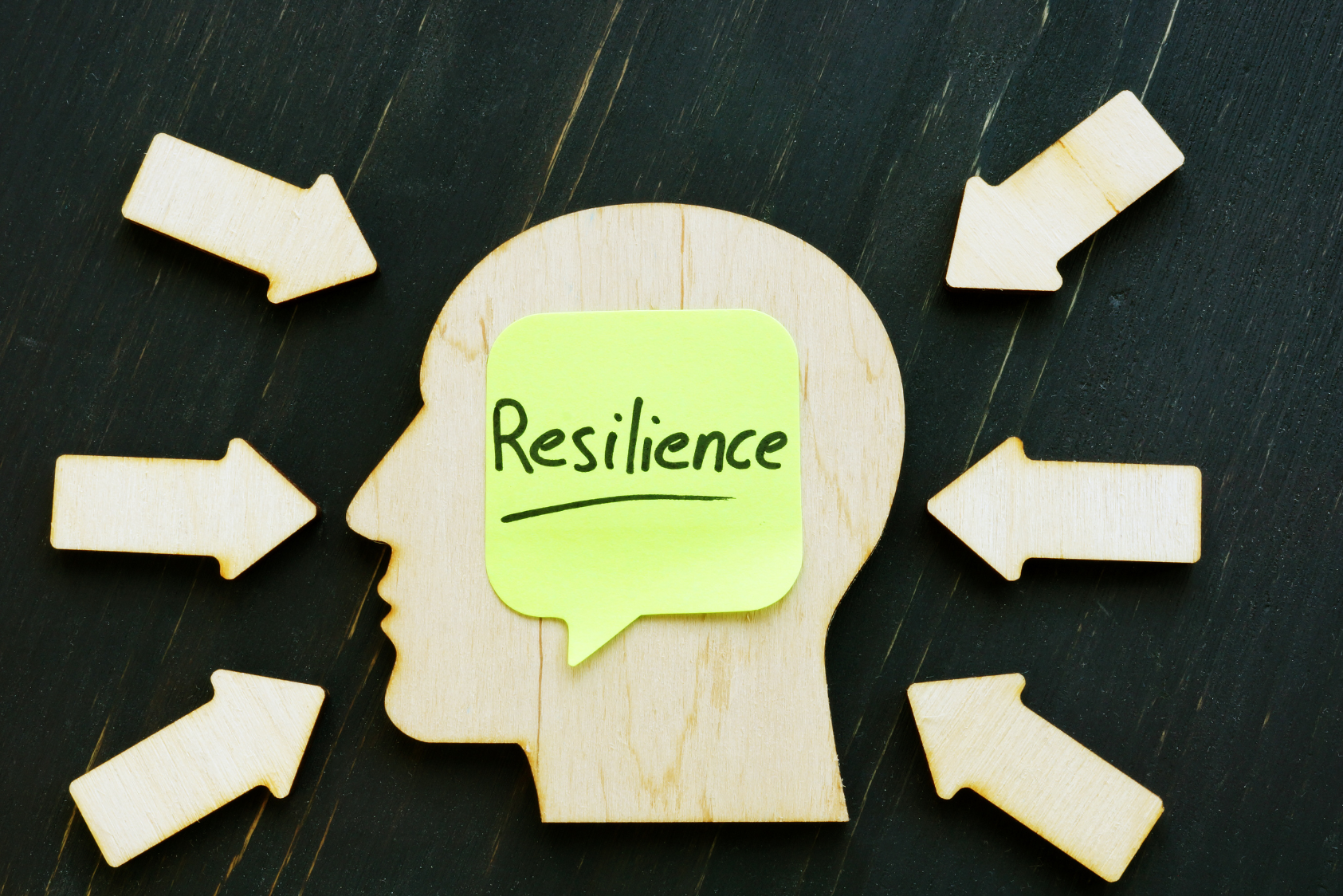Life rarely goes as planned. Challenges, uncertainty, and stress are part of the human experience. The good news? While we can’t control everything around us, we can strengthen the way we respond to difficulties. This capacity is known as mental resilience—the ability to adapt, recover, and keep moving forward.
Supporting resilience doesn’t happen overnight. Instead, it grows from small, consistent habits that help the mind and body work together more effectively. Below, you’ll discover seven practical habits that can support your mental resilience. These are not quick fixes or guarantees, but gentle strategies you can begin to weave into your everyday life.
1. Prioritize Restorative Sleep
Sleep is one of the most powerful tools for emotional and mental stability. During deep rest, your brain processes experiences, restores energy, and balances key neurotransmitters.
How to build this habit:
Aim for 7–9 hours of consistent sleep.
Create a calming bedtime routine—dim lights, avoid heavy meals, and limit screens at least 30 minutes before bed.
Try keeping your room cool, dark, and quiet.
Good sleep won’t eliminate stress, but it gives you the clarity and stamina to face it with more balance.
2. Practice Mindful Breathing
Stress often hijacks the nervous system, making us feel reactive and tense. Mindful breathing is a quick way to calm the body and restore focus.
How to build this habit:
Pause for 3–5 minutes daily.
Inhale slowly through your nose for a count of four, hold briefly, then exhale through your mouth for a count of six.
Focus only on the rhythm of your breath.
Regular practice can reduce muscle tension and support emotional regulation, helping you respond instead of react.
3. Move Your Body with Intention
Exercise isn’t just about physical fitness—it’s one of the most reliable ways to support mental resilience. Movement releases endorphins, improves sleep quality, and reduces the stress hormone cortisol.
How to build this habit:
Find a form of movement you enjoy—walking, yoga, swimming, or cycling.
Aim for at least 20–30 minutes of moderate activity most days of the week.
Use movement as a “reset button” after mentally demanding tasks.
Consistency matters more than intensity. The goal is not performance but creating an outlet for stress.
4. Keep a Daily Reflection Journal
Writing helps organize thoughts, process emotions, and reduce mental clutter. Reflection can also highlight patterns, triggers, and small wins that you might otherwise miss.
How to build this habit:
Write for 5–10 minutes before bed or after waking up.
Try prompts such as: “What challenged me today? How did I respond?” or “One thing I’m grateful for right now is…”
Don’t worry about grammar—this is for you, not for others.
Over time, journaling can become a safe space for self-awareness and emotional release.
5. Strengthen Social Connections
Humans are wired for connection. A strong support network can buffer stress, provide perspective, and remind us we’re not alone.
How to build this habit:
Schedule regular check-ins with friends or family, even if it’s just a quick message.
Engage in community activities, support groups, or volunteer work.
Practice listening without judgment—it builds stronger, reciprocal bonds.
Even brief, meaningful conversations can improve mood and resilience.
6. Nourish Your Body with Balanced Nutrition
Your brain and body draw energy from what you eat. A diet rich in whole foods supports stable energy levels and clearer thinking.
How to build this habit:
Focus on a variety of fruits, vegetables, lean proteins, whole grains, and healthy fats.
Stay hydrated throughout the day.
Limit highly processed foods and excessive caffeine, as these can affect mood and energy.
Think of food as fuel for both physical and emotional strength.
7. Create Small Moments of Joy
Resilience isn’t only about coping—it’s also about nurturing joy, even in small doses. Positive emotions help balance the nervous system and build psychological flexibility.
How to build this habit:
Set aside a few minutes daily for something that brings you genuine enjoyment—listening to music, tending to plants, reading, or spending time outdoors.
Keep a “joy list” of simple activities you can turn to when you need a lift.
Practice gratitude by noticing the little things that make your day brighter.
Joy may not erase challenges, but it adds balance and perspective when life feels heavy.
Putting It All Together
Supporting mental resilience is less about one big shift and more about small, repeatable practices. You don’t need to implement all seven habits at once—start with one or two that feel most doable. Over time, these daily choices can create a stronger foundation for handling life’s ups and downs.
Final Note
This article is for informational purposes only. It is not intended as medical or psychological advice. If you are experiencing significant stress, anxiety, or depression, consider reaching out to a licensed professional for personalized support.
Want more tips on physical, emotional, and mental well-being? Stay connected with our blog at Well-Being Plus for fresh, supportive content each week.







